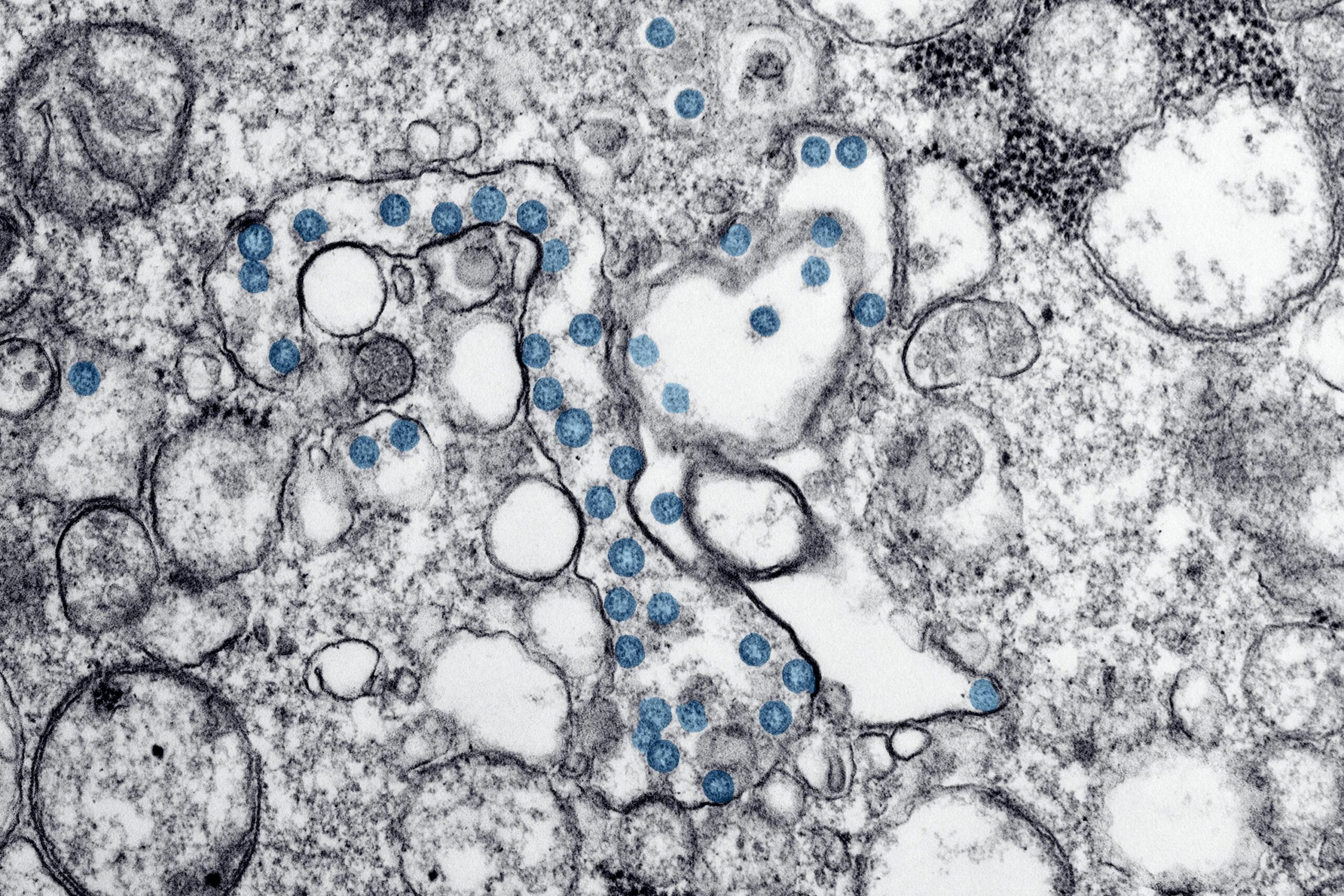By now, learning that gut health is heavily dependent upon diet and lifestyle is not surprising. More recently, scientists are learning that the gut is also impacted by genetic factors. A team of researchers from the University of Bath in England reports that the genetic composition of a mouse host notably influenced its gut bacteria makeup.
The primary goal of this research was to analyze the links between the gut environment and genes involved in human gut illness, such as inflammatory bowel disease (IBD). Researchers decided to use hybrid mice instead of standard lab rodents due to the greater genetic variation, making their work the first in the field to use these mice.
““Studying lab mice vs wild mice is a bit like looking at dogs instead of wolves. Previous mapping studies of the gut microbiome in mice were largely based on inbred lab strains which had limited genetic diversity and lacked some of their native microbes,” explains Dr Leslie Turner, Lecturer from the Milner Centre for Evolution at the University of Bath, in a statement. “Hybrid mice derived from the wild on the other hand, are more genetically varied and retain similarity to their wild microbiome. Thus, our study had a greater chance to capture ongoing evolutionary processes in nature.”
The team looked at their gut microbiomes and the specific bacterial strains within them to then compare findings to the genetics of the mouse hosting the bacteria. They fed all mice the same diet to account for differences in their respective environments. The team was able to successfully map out the genes, discovering over 400 gene regions associated with the microbiome.
Further, these genes displayed a relationship with over 120 bacteria species. From the large pool of identified regions, the researchers were able to show that 80 genes are associated with gut diseases.
This study is the first to establish such a strong connection, and largely in part due to to the use of wild mice and not just lab-bred alternatives. The team hopes that their findings support a greater understanding of genetic mapping and design in host-microbe relationships, especially with regards to human gut illness and how their work may support expanded therapeutic and individualized treatment measures.
As far as next steps for them, they would like to specifically look at the set of genes connected to gut-related conditions in more depth to determine their exact role when it comes to having healthy gut microbiota.
This study is published in the journal eLife.











